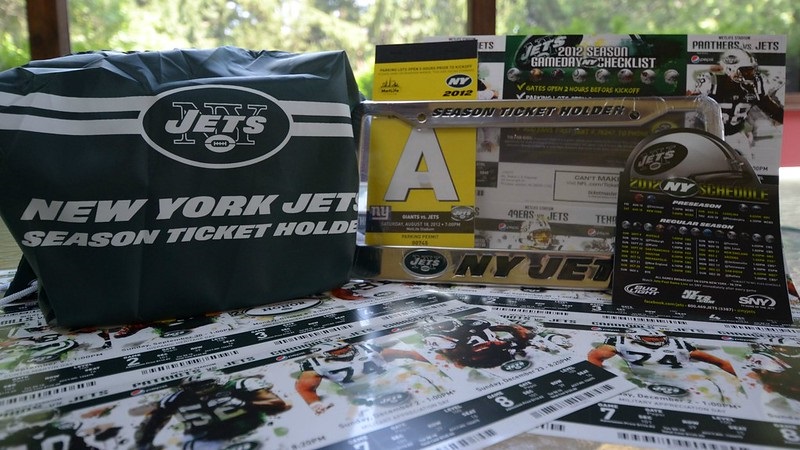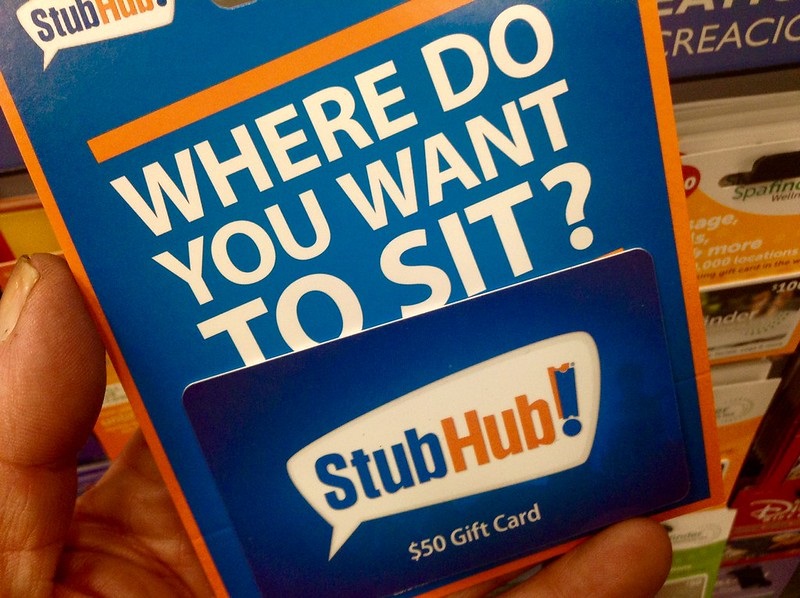
Image Credit: slgckgc - Flickr (CC BY 2.0)
Nathan Hubbard, former CEO of Ticketmaster and a contributor for The Ringer, recently wrote an interesting article detailing the end of sports fans purchasing season tickets for their favorite team. Hubbard, a former season ticket holder of both the Los Angeles Clippers and Washington Redskins found out just how hard it can be to unload tickets on the secondary ticket market privately. More than half way through the article, you finally catch on to what Hubbard is revealing.
According to Hubbard, the NFL claims that 80 percent of each stadium’s capacity are seats held by season ticket holders. The same goes for NBA arenas, instead, at a rate of 70% of an arena’s capacity. And that’s true but the overwhelming majority of those season tickets are purchased by ticket brokerages and independent ticket brokers. Not ordinary sports fans like those of you reading this article.
The ticket brokers are experts at understanding the supply and demand of ticketing based upon the performance of teams. Nothing sells tickets like a winning team; if you want to call sports fans bandwagoners, then so be it. These private ticket brokers will also partner with the ticket offices of various teams. The Chicago White Sox utilize local ticket broker Gold Coast Tickets. The Boston Red Sox and other Boston teams have partnered with local ticket broker Ace Ticket. Barry’s Tickets is the go to ticket broker in Los Angeles. The ultimate payoff comes when a team makes the playoffs and the ticket brokers get first dibs on the season tickets. The ticket brokers will purchase playoff tickets for much cheaper than what the tickets will sell for on the secondary market.
The extra fees sports fans often get surprised with upon checkout are how companies like Stubhub, Ticketmaster and the league ticket exchanges generate most of their revenue. Sporting events take place only a fraction of the calendar year for the country’s largest stadiums and arenas. For the other 300+ days a year, concerts are the main attraction at these venues. According to Hubbard, concert goers shell out extra fees so that brokers and season ticket holders don’t have to. That trend can be corrected by
- Ending exclusive ticketing contracts between venues and ticket brokers.
- Lowering service fees for concerts.
- Charging season ticket holders with fees.
Those measures will result in the following.
- Teams will sell fewer season tickets but more individual tickets.
- Ticket brokers and venues can lower the fees added to concert tickets without losing revenue.
- Ticket brokers would still be able to sell individual tickets and be the experts on determining the price of tickets.
- More competition and consumer choice.
- Lower ticket prices.

Image Credit: Mike Mozart (CC BY 2.0)
Is the trend of fans purchasing season tickets dead? Hubbard certainly makes an excellent case. I’ve always said that purchasing season tickets for your favorite NFL team is the safest investment. NFL home games take place only 8 days per year (excluding pre-season and the playoffs) and are easy to commit to as well as easy to unload if you can’t attend. Purchasing season tickets for a professional baseball team, on the other hand, don’t make as much sense. If you're one of those sports fans under the impression that ticket brokers are glorified "scalpers" and maintain shady operations; stop.
Related Articles
- Amazon Considering Entering the Ticketing and Events Industry and Competing with Ticketmaster
- Montreal Canadiens Charging Season Ticket Holders Extra for Printed Tickets for 2017-2018 Season
- Golden State Warriors Season Tickets will Require a 30 Year PSL Agreement at Chase Center
- Oakland Raiders sell out Season Tickets for 2017 NFL Season
- How are Super Bowl Tickets Distributed?
- What is a Personal Seat License (PSL) and Should I Purchase one?

